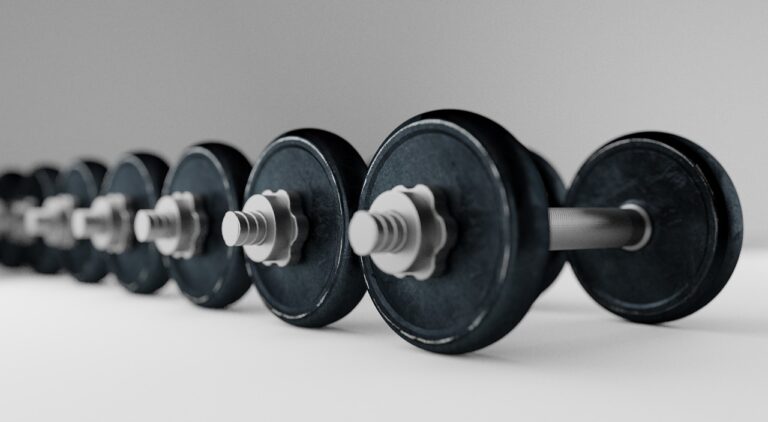Exploring the impact of urbanization on infectious disease transmission: All panal.com, Laser247 com, Yalo247
all panal.com, laser247 com, yalo247: Rheumatology and Reiki: Balancing Energy for Healing
As we navigate through life, our bodies can experience a variety of health issues, including conditions that affect our joints and muscles. Rheumatology is a branch of medicine that deals with disorders of the musculoskeletal system, such as arthritis, osteoporosis, and autoimmune diseases like lupus. While conventional treatments like medication and physical therapy can be effective in managing these conditions, some individuals have turned to alternative therapies like Reiki to help balance their energy for healing.
Reiki is a form of energy healing that originated in Japan and is based on the idea that a life force energy flows through us and can affect our physical, emotional, and spiritual well-being. During a Reiki session, a practitioner will use light touch or simply hover their hands over a person’s body to channel this energy and help promote relaxation, reduce stress, and support the body’s natural healing processes.
The combination of Rheumatology and Reiki can offer a holistic approach to managing musculoskeletal conditions, addressing not only the physical symptoms but also the emotional and energetic aspects of health. By working to balance the energy flow in the body, Reiki can help alleviate pain, reduce inflammation, and improve mobility in individuals with rheumatologic conditions.
Here are some ways in which Rheumatology and Reiki can work together to promote healing and well-being:
1. Pain Management: Reiki can help reduce the perception of pain and improve the body’s ability to cope with discomfort. By promoting relaxation and releasing tension in the muscles, Reiki can provide relief from the chronic pain often associated with rheumatologic conditions like arthritis.
2. Stress Reduction: Stress is a common trigger for flare-ups in rheumatologic conditions. Reiki can help lower stress levels and promote a sense of calm and well-being, which can in turn help reduce inflammation and improve overall health.
3. Emotional Support: Dealing with a chronic condition can be emotionally challenging. Reiki can provide emotional support by helping individuals release negative emotions, promote self-healing, and cultivate a positive mindset that is essential for managing long-term health issues.
4. Energy Balance: Imbalances in the body’s energy flow can contribute to the development and progression of rheumatologic conditions. Reiki works to balance the energy centers in the body, known as chakras, helping to improve overall health and well-being.
5. Immune System Support: Rheumatologic conditions often involve an overactive or compromised immune system. Reiki can help support the immune system by enhancing the body’s natural healing abilities and promoting a state of balance and harmony.
6. Mind-Body Connection: Rheumatology and Reiki both recognize the close connection between the mind, body, and spirit. By addressing the holistic nature of health, individuals can experience greater overall well-being and improved quality of life.
Incorporating Reiki into a Rheumatology treatment plan can offer a complementary approach to managing musculoskeletal conditions, providing additional support for healing on all levels. It is important to work with qualified practitioners who understand both Rheumatology and Reiki to ensure safe and effective care.
Frequently Asked Questions (FAQs):
1. Is Reiki safe for individuals with rheumatologic conditions?
Yes, Reiki is generally considered safe and non-invasive, making it suitable for individuals with rheumatologic conditions. It is important to inform your healthcare provider about any complementary therapies you are considering to ensure they are appropriate for your specific health needs.
2. How many Reiki sessions are recommended for managing rheumatologic conditions?
The number of Reiki sessions needed can vary depending on individual health goals and the severity of the condition. Some individuals may benefit from regular sessions to maintain balance and support healing, while others may find relief with occasional treatments.
3. Can Reiki be used in conjunction with conventional Rheumatology treatments?
Yes, Reiki can be used as a complementary therapy alongside conventional Rheumatology treatments. It is essential to communicate with your healthcare provider about any alternative or complementary therapies you are using to ensure they are integrated safely into your treatment plan.
4. How can I find a qualified Reiki practitioner?
It is important to seek out a Reiki practitioner who is trained and certified in energy healing techniques. You can ask for recommendations from friends or family, consult directories of practitioners, or seek referrals from healthcare providers who are familiar with Reiki therapy.
5. What should I expect during a Reiki session for managing rheumatologic conditions?
During a Reiki session, you can expect to lie down or sit comfortably while the practitioner places their hands on or near different areas of your body. You may feel sensations of warmth, relaxation, or gentle energy movement during the session. Afterward, you may experience a sense of calm, relief, and improved well-being.
In conclusion, Rheumatology and Reiki can be powerful allies in promoting healing and balance for individuals with musculoskeletal conditions. By addressing the physical, emotional, and energetic aspects of health, this holistic approach can support overall well-being and enhance the quality of life for those living with rheumatologic conditions. If you are interested in exploring the benefits of Reiki therapy, talk to your healthcare provider about integrating it into your treatment plan for a comprehensive approach to healing and wellness.







